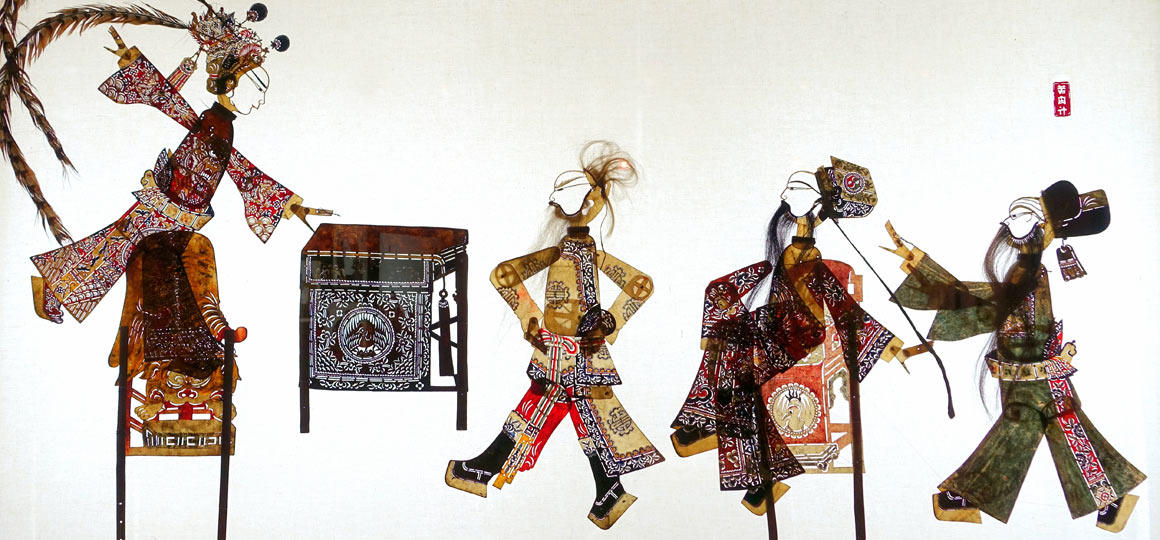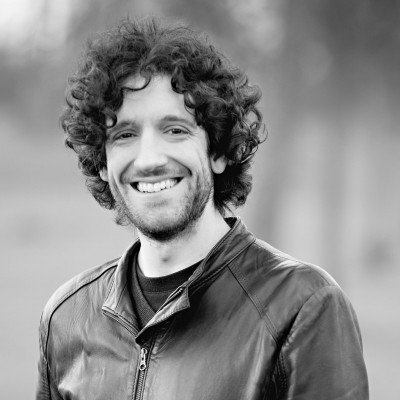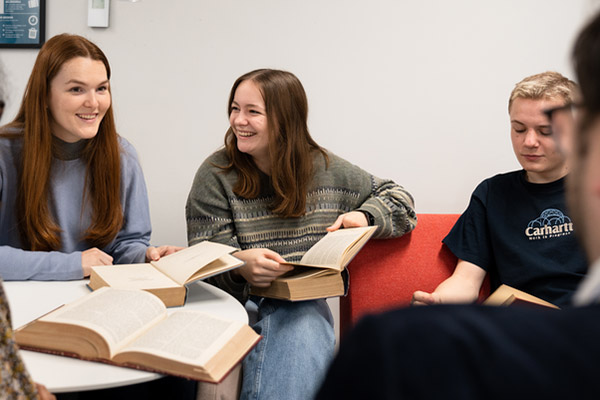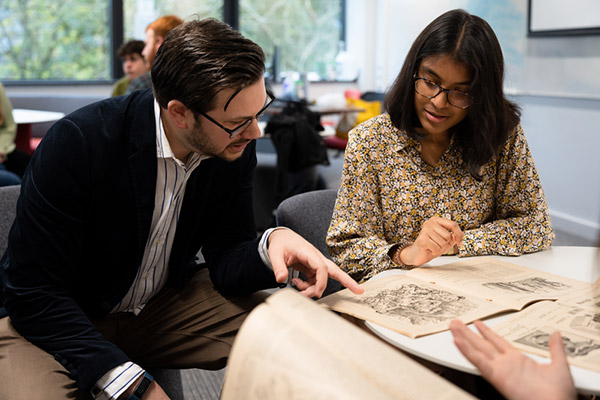View semester dates

BA (Hons) History
History gives you an in-depth view of the world. It enhances your understanding of the forces that play a part in economies, societies, cultures, power and faith.
Year of entry: 2026/27
View semester dates
10th in the UK for graduate prospects in history
8th in the UK for history
3rd in the UK for research impact in history
Why study history at York?
Explore an extensive range of modules. From the Middle Ages to the present day, we offer a wide range of module choices to allow you to tailor your degree to match your academic interests. Our expertise spans geographic, cultural and thematic boundaries.
Develop your academic potential. Understand the nature of historical narrative and the application of concepts and theories. You'll hone your skills in critical reading and in constructing arguments, and learn how to effectively use evidence. You can also choose to study in a partner university abroad.
Opportunities to work with external organisations. If you choose our Public History option module, you'll work on a brief from an organisation and there are opportunities for work experience in our heritage city. You can also make use of the dedicated Careers and Placements team.
Join a friendly, intellectual community, where teaching is informed by groundbreaking research. Our influential staff feature regularly in the media.

Choosing to pursue a degree I have a genuine passion for has continued to motivate me throughout my studies, even through the wobbles of self-belief during exam season! The exceptional student support offered and the well-being facilities available are just some of the many benefits that make York such a great place to study. York also provides the perfect backdrop for studying History, as the city’s past is everywhere you turn.
Course content
The BA in History progresses from broad to specialised topics. Core modules in the first year introduce you to the broad sweep of history across time and place and historical problems. You develop this in the following years, which cultivate expertise, leading up to your 8,000-word dissertation
Year 1
Your first year will introduce the study of History at a degree level. You'll develop research skills and study prominent periods of interest.
Core modules
- Political Communities in World History
- Societies and Economies in World History
- Arguments and Analysis
- Knowledge and Beliefs in World History
- Evidence and Methods
Option modules
You will also complete a Historical Project:
The four Historical Project option modules introduce you to the study of a period in history through an independent guided study. Examples of projects include:
- Extraordinary Lives: The Medieval Worlds of Princes, Monks and Unconventional Women
- Wonders, Marvels and Monsters in Early Modern Culture
- Ending Slavery and Serfdom
- Reportage and Conflict in the Long Twentieth Century
Elective modules
You may be able to replace one option module with an elective module, studying a complementary subject, a language or an interdisciplinary topic.
Academic integrity module
In addition to the above you will also need to complete our online Academic Integrity module.
Year 2
Your second year builds on the skills you acquired in the first year and gives you the opportunity to broaden your historical knowledge. You will explore different approaches to studying the past and think about how history has been communicated to audiences beyond academia.
Core modules
Option modules
You will study four option modules. Examples can be found below. Some option module combinations may not be possible. The options available to you will be confirmed after you begin your course.
- Empire and Cultural Exchange in Asia 1500-1700
- Black Radicalism
- Ancien Régime France, 1610-1789
- Before the Mongols: Nomadic Empires of Central Eurasia, 900-1200
- Using and Abusing the Past in Britain, 1835-2018
- Gender, Enlightenment and Revolution in Eighteenth-Century Europe
- From the Global Shadows: Africa and the World since the 1950s
- Health for all? International Health from Colonial Medicine to Covid Vaccine
- Powerful Impressions: Culture and Politics in the Post-1945 United States
- Heterosexual Africa? Sexuality, Power, and Politics in Africa since 1900
- Persecution and Toleration in Early Modern Britain
- Catherine the Great
- Social Science and Modern Britain, c1880-c1970
- Crime and Society in Britain and Ireland since 1750
- Bankers, Merchants, and Poets: Florence and the Roots of the Renaissance
- Communist Europe: Crisis, Transformation & Memory after the Second World War
- Historical Fictions and Frictions: Fictionalising the Past
- Chivalry, Identity and Love 1350-1450
- Vikings and Historians: Historiographical Dialogues through the Ages
- The Scientific Revolution, 1500-1700
- Containing Multitudes: Inequality and the City in Britain and its Empire post-1800
Elective modules
You may be able to replace one option module with an elective module, studying a complementary subject, a language or an interdisciplinary topic.
Year 3
In your final year of the BA in History, you’ll participate in Special Subject seminars, focusing in depth on a historical process or problem. You will also take modules in comparative history, tracing a historical theme across space and over time. Alongside your taught modules you will complete your dissertation, demonstrating the research skills you have learned during your time here.
Core module
Option modules
You will also study three option modules. You will take one Special Subject and two Comparative History modules. Examples may include:
History - Special Subjects
- From Colonial to Post-Colonial States? The Twentieth-Century Caribbean
- Divided Worlds: The British Empire, 1846-1961
- Imperial Japan, 1890-1950
- Popular Politics? The History of British Political Culture since 1945
- The French Wars of Religion
- Race, Place and Health in Britain and its Empire, 1880-1960
- Hong Kong: Decolonisation and Development, 1945-97
- Thomas More: Learning, Politics and Religion in England, 1500-35
- Ploughing the Sea? The Spanish American Wars of Independence, 1750-1830
- Rome Reborn: Culture and Society c.1575-c.1655
- Prussia and the Unification of Germany, 1815-1918
- Mao and Maoism
- Reading and Writing in Medieval England
- Exiled Lives: English Nuns in Catholic Europe, 1600-1800
- Poverty and the Welfare State in Post-War Britain
- Joan of Arc
- Revolution in the Streets: Faith, Poverty, & Religious Ferment, c.1200
- Francis Bacon: Myth, Magic and Morals
- Black British History and Decolonisation
Comparative History
Elective modules
You may be able to replace one option module with an elective module, studying a complementary subject, a language or an interdisciplinary topic.
Our modules may change to reflect the latest academic thinking and expertise of our staff, and in line with Department/School academic planning.
Learning outcomes
Every course at York has been designed to provide clear and ambitious learning outcomes. These learning outcomes give you an understanding of what you will be able to do at the end of the course. We develop each course by designing modules that grow your abilities towards the learning outcomes and help you to explain what you can offer to employers. Find out more about our approach to teaching and learning.
Learning outcomes for this course
- Communicate broad and deep understandings of historical scholarship, ranging from the medieval to the modern period, and a sophisticated appreciation of the origin and use of different approaches to interpreting the past.
- Approach problems in a critical and questioning fashion, evaluating arguments and assessing the value and significance of different forms of evidence.
- Engage with a range of perspectives on a historical event, and make comparisons and connections between different periods, places and societies.
- Demonstrate highly developed research skills, including identifying useful material, understanding sources in context, producing a research methodology and constructing meaningful and productive research questions.
- Interpret and deploy a variety of different types of information including digital resources, material culture, visual imagery, texts, databases and statistical information.
- Convey ideas with clarity and precision in both written and verbal form and make sophisticated, original and persuasive arguments based on evidence, including the production of an extended piece of writing.
- Manage their time effectively so that they can successfully execute a programme of work.
- Contribute to their communities and workplaces with an appreciation of the origins and value of social, political and cultural diversity and difference.
Fees and funding
The fees and funding information here is for students starting in the 2026/27 academic year.
If you take a year abroad or year in industry you'll pay a reduced rate of fees for that year.
Annual tuition fees
| UK (home) | International and EU |
|---|---|
| £9,535 (TBC) | £26,900 |
The UK government has announced its intention to increase tuition fees from £9,535 to £9,790 for the 2026/27 academic year. We expect this to apply to new UK (home) undergraduate students starting their studies in September 2026.
UK (home) or international fees?
The level of fee that you will be asked to pay depends on whether you're classed as a UK (home) or international student. Check your fee status.
Fees for subsequent years
- UK (home) fees may increase within the government fee cap in subsequent academic years. We will notify you of any increase as soon as we can.
- International fees are subject to increase in subsequent years in line with the prevailing Consumer Price Index (CPI) inflation rate (up to a maximum of 10%).
More information
For more information about tuition fees, any reduced fees for study abroad and work placement years, scholarships, tuition fee loans, maintenance loans and living costs see undergraduate fees and funding.
Additional costs
You will have to pay for the cost of printing some assignments for submission as assessed work in Years 2 and 3.
Funding
We'll confirm more funding opportunities for students joining us in 2026/27 throughout the year.
- UK government loans
- UK scholarships and bursaries
- International scholarships
- Country-specific funding
- US loans
Department funding
York, Oxford, Cambridge, Imperial
Just four UK universities are rated Gold for teaching and top ten for research* in the latest national assessment exercises.
* Awarded joint 10th in the Times Higher Education ranking of the Research Excellence Framework 2021.
Teaching and assessment
You’ll study and learn with academics who are active researchers, experts in their field and have a passion for their subjects. Our approach to teaching will provide you with the knowledge, opportunities, and support you need to grow and succeed in a global workplace. Find out more about our approach to teaching and learning.
Teaching format
We believe that students learn better – and think better – when engaging with others.
Small group teaching remains at the core of our BA in History, rising to 100 per cent in Year 3. Our tutors work closely with small student groups in seminars and weekly discussions.
Timetabled activities
In your first year, you can expect:
| Lectures | 4 hours per week |
|---|---|
| Seminars | 4 hours per week |
These figures are representative of a typical week. Your contact hours will vary throughout the year due to your module choices, non-compulsory classes, exam periods and changes to scheduled activities.
Around your timetabled hours you'll work independently, guided by your tutor. History students are the University's most frequent users of the library. You may spend time working with primary sources, accessing archives or working with academic librarians. The skills of independent research and analysis that you develop will not only be pivotal for your course but are also highly valued by employers.
You may also take part in extra activities such as our seminar series featuring visiting speakers and our own staff and students. All faculty members also offer regular student hours in which students are free to come in and discuss any issues relating to their courses, career and development.
In the UK, full-time students are expected to spend 1,200 hours a year learning. That's about 40 hours of classes and independent study each week during semesters. Everyone learns at a different rate, so the number of hours you spend on independent study will be different to other students on your course.
Facilities
We are home to the Borthwick Institute for Archives, a major archive repository in Britain. It holds the records of the Archbishopric of York from the early thirteenth century onwards, and specialises in the study of ecclesiastic institutions.
There are several other important archives housed at York, including the JB Morrell Library and the Raymond Burton Library for Humanities Research. These contain collections covering subjects such as the British Civil Wars, French Revolution and Modern Asian history. Find out more about our libraries.
Teaching location
You will be based in the Department of History on Campus West.
Over half of your teaching will take place in the Spring Lane building on campus. Other seminars and lectures will take place in buildings across Campus West.
About our campus
Our beautiful green campus offers a student-friendly setting in which to live and study, within easy reach of the action in the city centre. It's easy to get around - everything is within walking or pedalling distance, or you can use the fast and frequent bus service. Take a campus tour.
Assessment and feedback
Your first-year work doesn't contribute toward your final marks. We recognise that students are only beginning to develop over the course of their degree.
From Year 2 onward, formal assessments contribute toward your degree. In your third year, your 8,000-word dissertation focuses on a specific topic of your choice.
- Assessments range from research essays, to collaborative projects, to open 'take-home' examinations.
- Your dissertation should be a topic that is interesting to you. Don't be afraid to explore.
Careers and skills
As a historian, you’ll develop critical thinking, analytical expertise and excellent communication skills – all valuable assets for your future career.
Career opportunities
Our graduates have gone on to work in the following sectors:
- Education
- Law
- Social work and justice
- Politics and government
- Finance
- Media
- Business, commerce and public relations
Transferable skills
York History students graduate with a wide range of valuable transferable skills. These include:
- Critical thinking
- Excellent communication skills
- Project management
- Independent, high-level research skills
- Ability to work with a variety of media and sources
- Time management

York is a beautiful city. It’s quite a privilege to spend your days encountering that history, stumbling around incredibly long cobbled streets! I really miss it as a place. That’s why I’ve loved coming back for the past nine years to give talks – it feels like coming full circle.
Public Historian & Podcast Host
Entry requirements
| Qualification | Typical offer |
|---|---|
| A levels | AAA including an A in either History or Classical Civilisation |
| Access to Higher Education Diploma | Obtain Access to HE Diploma with 39 credits at Distinction including at least 9 credits in History-related units and 6 credits at Merit or higher |
| BTEC National Extended Diploma | DDD with an additional A Level or equivalent qualification in either History or Classical Civilisation at grade A |
| European Baccalaureate | 85% overall, including 85% in History |
| International Baccalaureate | 36 points including 6 in History at Higher Level |
| T levels | We are currently not accepting T Levels for this course unless an additional A Level (or equivalent qualification) in History has been taken. |
| Scottish Highers / Advanced Highers | Advanced Highers - A in History plus Scottish Highers - BBBB We may also be able to consider three Advanced Highers or a combination of Highers and Advanced Highers, where an applicant does not meet the grade requirement through Highers alone. Please contact us to discuss your qualifications. |
| International foundation programme | Foundation Certificate from our International Pathway College or an appropriate alternative. |
| Other international qualifications | Equivalent qualifications from your country |
Alternative offers
Meeting the following additional criteria may qualify you for an alternative offer.
| Criteria | Adjustment |
|---|---|
| Widening participation | BBB including either History or Classical Civilisation This is conditional upon successful completion of the WP programme including the YorJourney module (Black Access Programme, Next Step York) or successful completion of Realising Opportunities More about widening participation. |
| Contextual offer | ABB including an A in either History or Classical Civilisation |
| EPQ | If you achieve A or higher in the EPQ, you may be eligible for an alternative offer up to one A level grade (or equivalent) below our typical offer. |
English language
If English isn't your first language you may need to provide evidence of your English language ability. We accept the following qualifications:
| Qualification | Minimum requirement |
|---|---|
| IELTS (Academic) | 6.5, with a minimum of 6.0 in each component |
| IB English | A score of 4 in English A or 5 in English B (Higher Level or Standard Level) |
| Cambridge CEFR | 176, with a minimum of 169 in each component |
| Oxford ELLT | 7, with a minimum of 6 in each component |
| Oxford Test of English Advanced | 136, with a minimum of 126 in each component |
| Duolingo | Integrated subscores: 120 overall, with a minimum of 105 in each component |
| GCSE/IGCSE/O level English Language (as a first or second language) | Grade C / Grade 4 |
| LanguageCert SELT | B2 with a minimum score of 33/50 in each component |
| LanguageCert Academic | B2 with a minimum score of 33/50 in each component |
| Kaplan Test of English Language | 478 Main Flight score with 444 in each component |
| Skills for English | B2: Merit overall, with Pass with Merit in each component |
| PTE Academic | 61, with a minimum of 55 in each component |
| TOEFL | 87 overall, with a minimum of 21 in each component (taken before January 2026) 4.5 with 5 in Listening and 4.5 in each other component (taken after January 2026) |
| Trinity ISE III | Merit in all components |
| Other English language qualifications | We also accept other English Language qualifications, including various school-leaving certificates. |
For more information see our undergraduate English language requirements.
If you haven't met our English language requirements
You may be eligible for one of our pre-sessional English language courses. These courses will provide you with the level of English needed to meet the conditions of your offer.
The length of course you need to take depends on your current English language test scores and how much you need to improve to reach our English language requirements.
After you've accepted your offer to study at York, we'll confirm which pre-sessional course you should apply to via You@York.
Next steps
Contact us
Get in touch if you have any questions
History Undergraduate Admissions
Department
Related courses
- History/Economics (BA)
- English/History (BA)
- History/History of Art (BA)
- History/Philosophy (BA)
- History/Politics (BA)
- Languages (French) and History (with a year abroad) (BA)
- Languages (German) and History (with a year abroad)
- Languages (Italian) and History (with a year abroad)
- Languages (Spanish) and History (with a year abroad)
- Historical Archaeology (BA)
- Liberal Arts (BA)
You may also be interested in the BA Global Development course, which is led by the Department of Politics and International Relations and includes some History option modules.
Discover York








